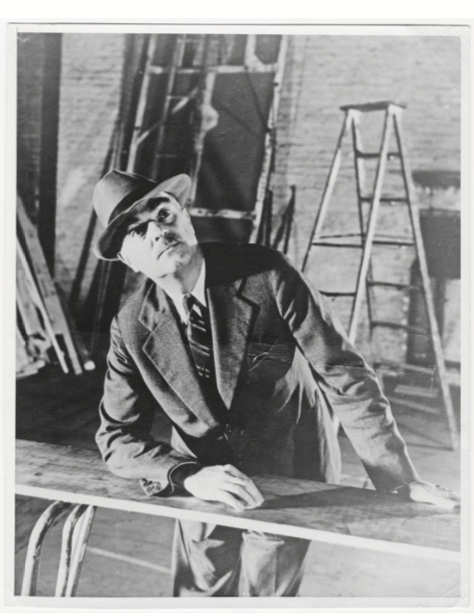1.
In the fall of 1930, a brief literary controversy erupted over the work of Thornton Wilder. At the time, Wilder had not yet written Our Town or The Skin of Our Teeth, the summer-stock favorites for which he is mostly remembered. He wasn’t known as a dramatist at all, in fact, but as the author of three short novels. The first of these, The Cabala, follows a young American living in Rome in the years after World War I. The second, The Bridge of San Luis Rey, one of the great commercial and critical hits of the 1920s, concerns the collapse of its eponymous bridge in eighteenth-century Peru and the effort to connect the disparate lives lost there. When Wilder followed up this success with The Woman of Andros, a novel set in ancient Greece, it seemed to some that he was moving with each book further from his native ground. Writing in the New Republic, the Marxist critic Michael Gold took a particularly harsh view of Wilder’s “masterly retreat into time and space.”
“The garden cultivated by Mr. Thornton Wilder… is a museum, it is not a world,” Gold insisted, mixing metaphors as only an economic interpreter of literature can. He described Wilder’s style as “diluted Henry James.” (Today this would be merely a lukewarm compliment, but James’s reputation was at its nadir then.) “Prick it,” Gold wrote, “and it will bleed violet ink and apéritif.” But what most bothered him was Wilder’s refusal to engage with his own country and era. It wasn’t the historical setting of these novels as such to which Gold objected, but their apparent remoteness from contemporary concerns:
Here one will not find the heroic archaeology of a Walter Scott or a Eugene Sue. Those men had social passions, and used the past as a weapon to affect the present and the future.…That is how the past should be used; as a rich manure, as a springboard, as a battle cry, as a deepening, clarifying sublimation of the struggles in the too-immediate present.
“Let Mr. Wilder write a book about modern America,” Gold concluded. “We predict it will reveal all his fundamental silliness and superficiality, now hidden under a Greek chlamys.”
Edmund Wilson, who had been on leave as literary editor of the New Republic when the magazine ran Gold’s review, returned to contribute an unsigned editorial in response. “Perhaps no other literary article published in the New Republic has...
You have reached your article limit
Sign up for a digital subscription and continue reading all new issues, plus our entire archives, for just $1.50/month.
Already a subscriber? Sign in





